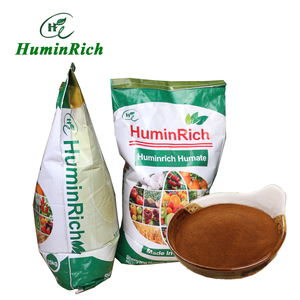Introduction to Mineral Fertilizer
Mineral fertilizer plays a crucial role in modern agriculture, providing essential nutrients that plants need for optimal growth and yield. Unlike organic fertilizers, mineral fertilizers are chemically formulated to deliver specific nutrients in a concentrated form, ensuring that crops receive the necessary elements that may be lacking in the soil. As the demand for sustainable and efficient farming increases, understanding the various attributes of mineral fertilizers becomes vital for farmers and agricultural businesses alike.
Types of Mineral Fertilizer
Mineral fertilizers are broadly classified based on their nutrient composition. Here are some of the most common types:
- Nitrogen Fertilizers: Primarily provide nitrogen, crucial for promoting leafy growth. Examples include urea, ammonium nitrate, and calcium ammonium nitrate.
- Phosphatic Fertilizers: Rich in phosphorus, these fertilizers support strong root development and flowering. Common types include superphosphate and triple superphosphate.
- Potassium Fertilizers: Essential for overall plant health, potassium helps with water regulation and disease resistance. Common varieties include potassium chloride and potassium sulfate.
- Complete Fertilizers: These contain a balanced ratio of nitrogen, phosphorus, and potassium (N-P-K), making them suitable for a wide range of crops. Examples include NPK fertilizers with varied compositions.
Applications of Mineral Fertilizer
The applications of mineral fertilizers are diverse, catering to different soil needs and crop requirements. Understanding how and when to apply these fertilizers can significantly enhance crop yield:
- Soil Preparation: Applied during soil preparation to enrich the nutrient content before planting.
- Crop Establishment: Mineral fertilizers can be drilled into the soil during planting, ensuring nutrients are readily available to seedlings.
- Top Dressing: Typically applied during the growing season to replenish nutrients depleted from the soil.
- Foliar Feeding: Some mineral fertilizers can be dissolved in water and sprayed directly on plant leaves, providing immediate nutrient absorption.
Advantages of Mineral Fertilizer
The benefits of using mineral fertilizers extend beyond plant growth. Here are some of the major advantages:
- Quick Nutrient Availability: Mineral fertilizers dissolve easily in soil moisture, allowing for rapid uptake by plants.
- Targeted Nutrient Application: They can be precisely tailored to address specific nutrient deficiencies in soil, optimizing plant performance.
- Enhanced Crop Yields: The application of mineral fertilizers can lead to significantly increased yields, making them essential for commercial farming.
- Improved Soil Structure: Some mineral fertilizers can help improve soil texture and structure over time, facilitating better water retention and aeration.












































































































































































































